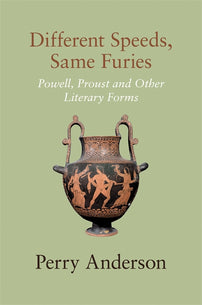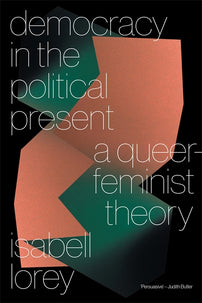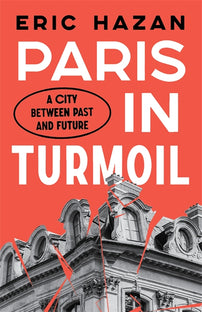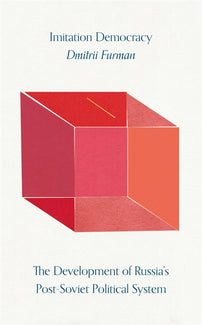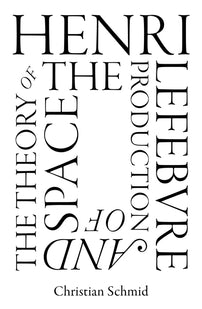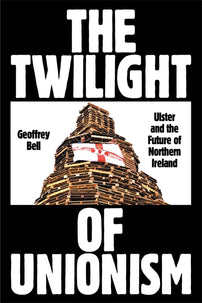A Guide to our November Titles
A guide to all our new titles coming out in November!

A history of Post-Soviet political development, a queer feminist theory of democracy, a rallying cry for political organisation in the post-pandemic era, and more, these are all our new titles coming out through November.
[book-strip index="1" style="buy"]Chantal Mouffe argues that the left should not underestimate the importance of affects when developing a strategy for political change. In fact, after years of ‘post-politics’, we are witnessing a ‘return of the political’. And in response Mouffe proposes the creation of a broad coalition of movements under the banner of a “Green Democratic Revolution.” This entails the protection of society and its material conditions in a way that empowers people instead of making them retreat in a defensive nationalism or in a passive acceptance of technological solutions. It is protection for the many, not the few, providing social justice and fostering solidarity.
The Power of Affects is a bold rallying cry for political organisation in the post-pandemic era.
There are few writers about whom opinions diverge so widely as Anthony Powell, whose Dance to the Music of Time sequence is one of the most ambitious literary constructions in the English language. In Different Speeds, Same Furies, Perry Anderson measures Powell's achievement against Marcel Proust's celebrated In Search of Lost Time.
The literature on Dance is a drop in the ocean compared to that on Proust. Yet in construction of plot and depiction of character, Anderson ranks Powell above him. How much do particular advantages of this kind matter, and why is Powell an odd man out in English letters? At once so similar and dissimilar, the intricate retrospectives of the two novelists on bohemia and Society, upbringing and mortality, relationships and personality, invite interrelated judgements.
[book-strip index="3" style="buy"]In 1819, the poet John Keats wrote six poems that would become known as the Great Odes. Some of them—“Ode to a Nightingale,” “To Autumn”—are among the most celebrated poems in the English language. Anahid Nersessian here collects and elucidates each of the odes and offers a meditative, personal essay in response to each, revealing why these poems still have so much to say to us, especially in a time of ongoing political crisis. Her Keats is an unflinching antagonist of modern life—of capitalism, of the British Empire, of the destruction of the planet—as well as a passionate idealist for whom every poem is a love poem.
Only available in the UK
[book-strip index="4" style="buy"]In the midst of the crises and threats to liberal democracy, Isabell Lorey develops a democracy in the present tense; one which breaks open political certainties and linear concepts of progress and growth. Her queer feminist political theory formulates a fundamental critique of masculinist concepts of the people, representation, institutions, and the multitude. In doing so, she unfolds an original concept of a presentist democracy based on care and interrelatedness, on the irreducibility of responsibilities—one which cannot be conceived of without social movements’ past struggles and current practices.
[book-strip index="5" style="buy"]Paris is constantly changing as a living organism, both for better and for worse. This book is an incitement to open our eyes and lend an ear to the tumult of this incomparable capital, from the Périphérique to Place Vendôme, its markets of Aligre and Belleville, its cafés and tabacs, its history from Balzac to Sartre. In some thirty succinct vignettes, from bookshops to beggars, Art Nouveau to street sounds, Parisian writers to urban warts, Jacobins to Surrealism, Hazan offers a host of invaluable aperçus, illuminated by a matchless knowledge of his native city.
[book-strip index="6" style="buy"]Imitation Democracy details the struggles among partisan factions, and the waves of public sentiment, that shaped modern Russia’s political landscape. In a welcome antidote to books that blandly decry Putin as an omnipotent dictator, Dmitrii Furman examines Putin’s platforms, constituencies, and sources of power. Furman offers a definitive account of the formation of the modern Russian political system, casting it into powerful relief through comparisons with other post-Soviet states.
[book-strip index="7" style="buy"]Henri Lefebvre belongs to the generation of the great French intellectuals and philosophers, together with his contemporaries Michel Foucault and Jean-Paul Sartre. His theory has experienced a remarkable revival over the last two decades, and is discussed and applied today in many disciplines in humanities and social sciences, particularly in urban studies, geography, urban sociology, urban anthropology, architecture and planning. Lefebvre, together with David Harvey, is one of the leading and most read theoreticians in these fields.
[book-strip index="8" style="buy"]The fissures that have split the United Kingdom in the last decades have run through Northern Ireland. Since the 1998 Good Friday Agreement, the fragile peace has been threatened by Brexit, the rise and fall of the DUP and the failure of power-sharing arrangement between the main parties at the Stormont Assembly. As the very future of Northern Ireland is now in jeopardy, will Britain face up to its imperial legacy and address the deep inequalities that remain in the aftermath of the Troubles, and the uneven development of the “New Ireland”?


